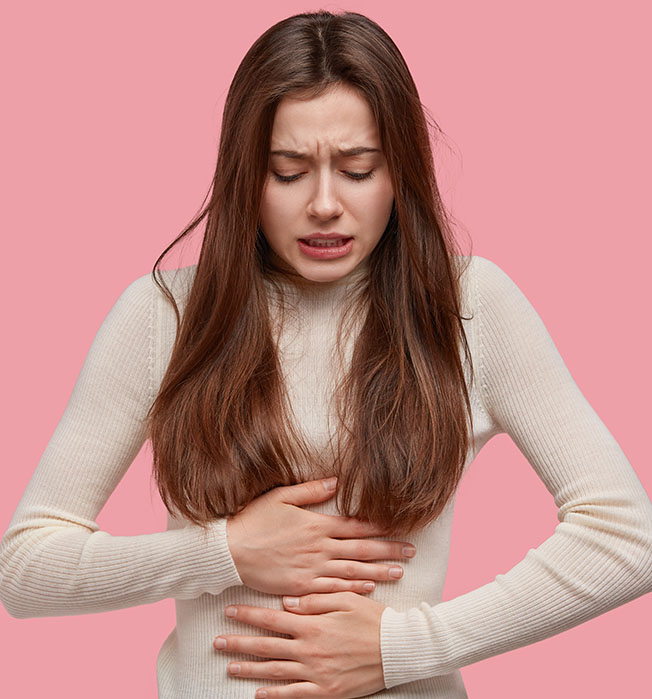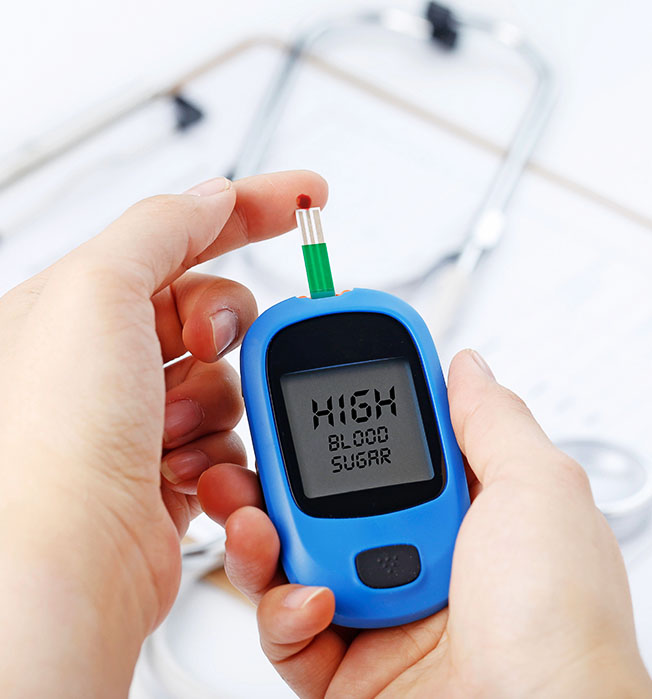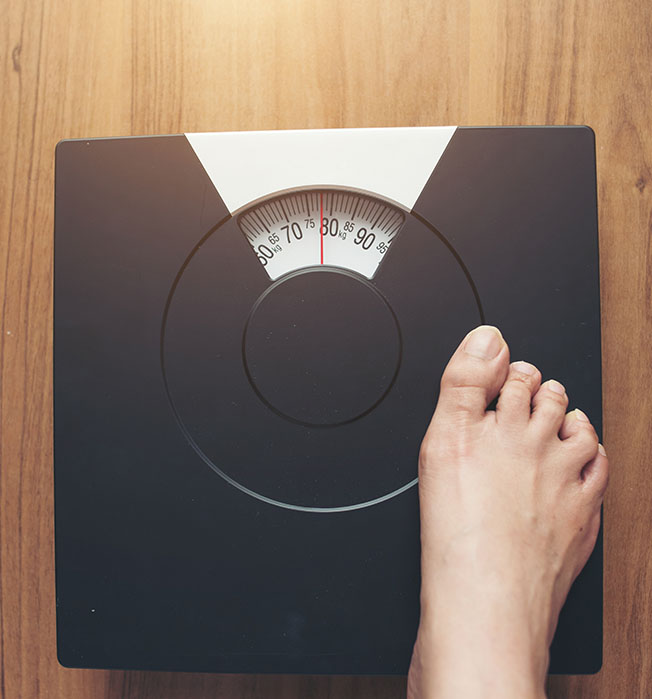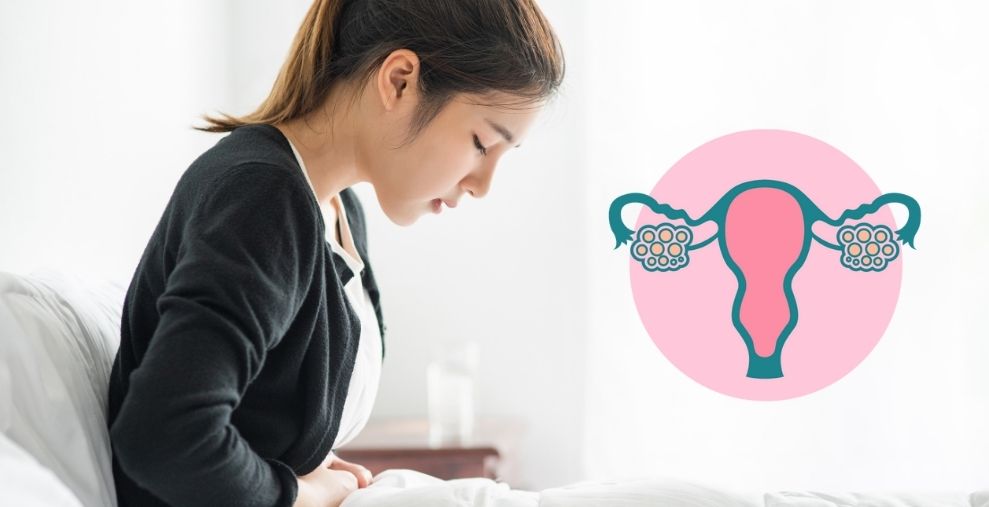Polycystic Ovary Syndrome (PCOS) is a disorder that affects women’s ovaries due to hormonal abnormalities. It can have a cascade influence on a variety of physiological functions, including cardiovascular health and obesity. PCOS is quite common in women of reproductive age, with one out of every five women in India suffering from it. It can also lead to major health issues in some circumstances. Learn more about PCOS Complete Guide.
Continue reading to learn how PCOS affects a woman’s body.
1. Irregular Periods

It is by far the most prevalent symptom that people with PCOS report. Hormonal imbalances, such as elevated testosterone (a male hormone), luteinising hormone (for ovulation), oestrogen, and reduced levels of follicle-stimulating hormone, are to blame (FSH). Periods do not occur at regular intervals in such settings.
2. Excessive Hair Growth And Loss

Hirsutism is the term for excessive facial hair development. Androgens, or male hormones, cause facial hair development, which is a medical problem. Women with PCOS have higher levels of androgens like testosterone, which causes hirsutism. Women with PCOS tend to have thin hair on top of their heads, although excessive hair growth is an issue in other places of the body. They may develop baldness in the same way as men do.
3. Infertility

PCOS has a negative impact on fertility since women with PCOS may not ovulate on a set schedule and the release of an egg may be delayed each month due to increased oestrogen levels in the ovaries. PCOS is one of the most common reasons of female infertility, however not all women with PCOS are infertile; some are able to conceive naturally without the need of fertility drugs.
4. Diabetes

Insulin resistance, which is common in PCOS women, is a major risk factor for type 2 diabetes. Diabetes necessitates a lifelong commitment to blood sugar monitoring, limiting carbohydrate types and amounts taken, being physically active, and taking medicine. Diabetic patients are more likely to have systemic nerve damage, visual abnormalities, renal issues, and cardiovascular disease.
5. Weight Gain

Weight gain is another common symptom of PCOS, which can be difficult to manage. When the body stores too much fat, significant chronic diseases like diabetes, cardiovascular disease, and even endometrial cancer are more likely to develop. Weight gain is not a cause of PCOS, but it can be a symptom of it owing to insulin resistance. Many PCOS-related issues can be avoided by losing extra body fat.
6. Fatigue and Sleep Apnea

Women with PCOS are more likely to have night sweats, insomnia, and sleep apnea, which is a condition in which a person stops breathing for short periods of time while sleeping. Due to sleep apnea, diabetes and heart disease can both produce hazardous daytime weariness, memory loss, and weight gain.
7. Emotional Distress

Anxiety, distress, despair, low energy, and eating problems are more common among PCOS women. Hormone problems, infertility issues, undesired weight gain, and excessive hair growth can all contribute to this.
8. Acne

Women with PCOS frequently experience skin issues. Severe acne, darker skin, and skin tags on the face, chest, and back can be caused by high amounts of male hormones in women.
